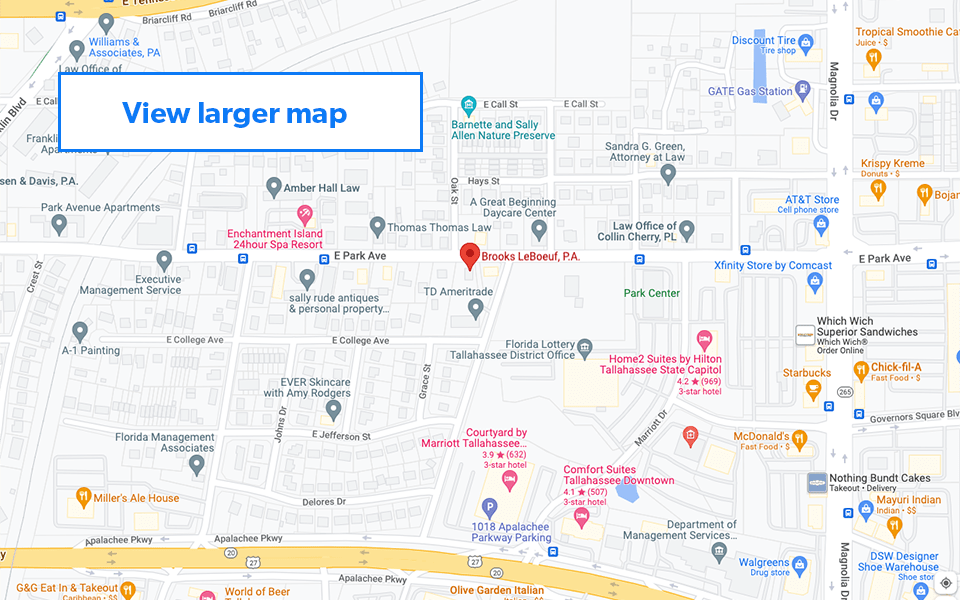Did you know that a child can have a concussion without losing consciousness? Did you know that a concussion left untreated can result in significant physical, emotional, and social damage, especially to school-age children? On September 18, 2020, we recognize National Concussion Awareness Day, a chance for health care providers, parents, and coaches to come together to discuss the wide range of issues that can result from suffering a concussion. The day should also be dedicated to providing the tools necessary to understand the signs of a concussion so that it can be treated, and the long-term issues stemming from the injury can be minimized or prevented.
According to the Centers for Disease Control and Prevention (CDC), there are at least 1.6 million sports-related concussions per year in the United States. That just includes the concussions that are diagnosed. Many concussions go undiagnosed because there was no loss of consciousness or no visible injury. Children are more likely to get a concussion than adults, and that is why the signs and symptoms of a concussion are very important for parents, coaches, and health care providers to recognize. Those signs and symptoms include headaches, dizziness, blurred vision, sensitivity to light, nausea or vomiting, memory problems, and trouble sleeping.
Children suffering a blow to the head, whether from a fall, an injury during sports or play, or an automotive accident, should be immediately examined for a concussion and cleared by a doctor. Suffering a concussion as a child can impact all aspects of life, including the child’s success in school, ability to play sports, and interactions with peers. The long-term impacts of a concussion are not always apparent and health care providers and insurance companies may be dismissive of the extent of the injury suffered.
Should you have any questions or concerns about the diagnosis and treatment of your child’s concussion or the options you may have to recoup medical expenses and other losses that you and your child have suffered as a result, please reach out to our office.


